Why People Get Lost: The Psychology and Neuroscience of Spatial Cognition
$62.10
Description
At some point in our lives, most of us have been lost. How does this happen? What are the limits of our ability to find our way? Do we have an innate sense of direction?
‘How people get lost’ reviews the psychology and neuroscience of navigation. It starts with a history of studies looking at how organisms solve mazes. It then reviews contemporary studies of spatial cognition, and the wayfinding abilities of adults and children. It then considers how specific parts of the brain provide a cognitive map and a neural compass. This book also considers the neurology of spatial disorientation, and the tendency of patients with Alzheimer’s disease to lose their way. Within the book, the author considers that, perhaps we get lost simply because our brain’s compass becomes misoriented. This book is written for anyone with an interest in navigation and the brain. It assumes no specialised knowledge of neuroscience, but covers recent advances in our understanding of how the brain represents space.Author: Dudchenko, Paul
Topic: Psychology
Media: Book
ISBN: 199210861
Language: English
Pages: 320
Additional information
| Weight | 1.4 lbs |
|---|---|
| Dimensions | 9.2 × 6.2 × 1.1 in |


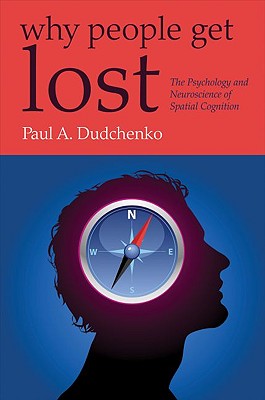



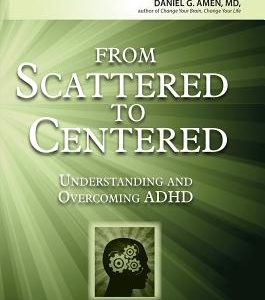

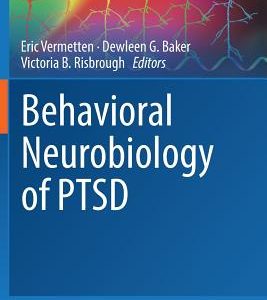



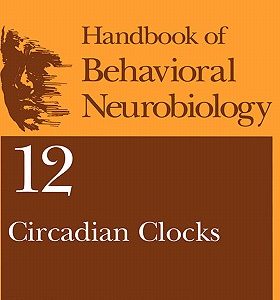

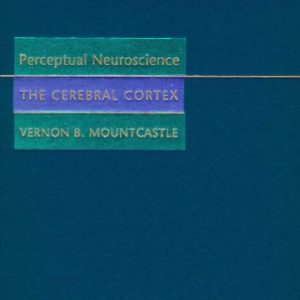
Reviews
There are no reviews yet.